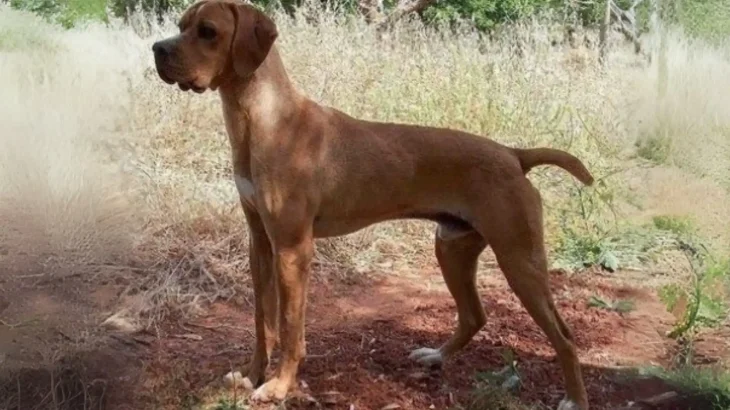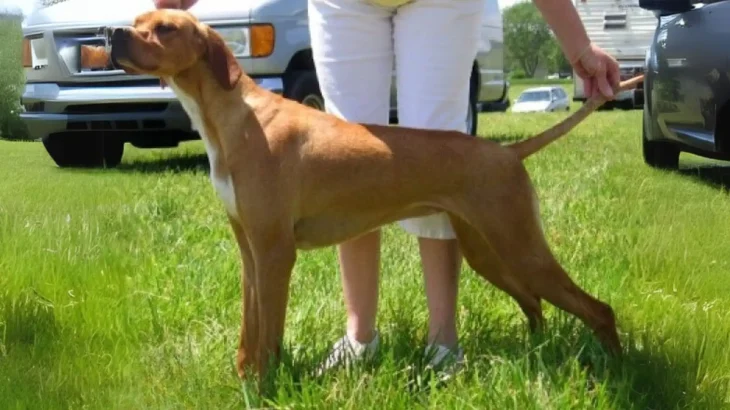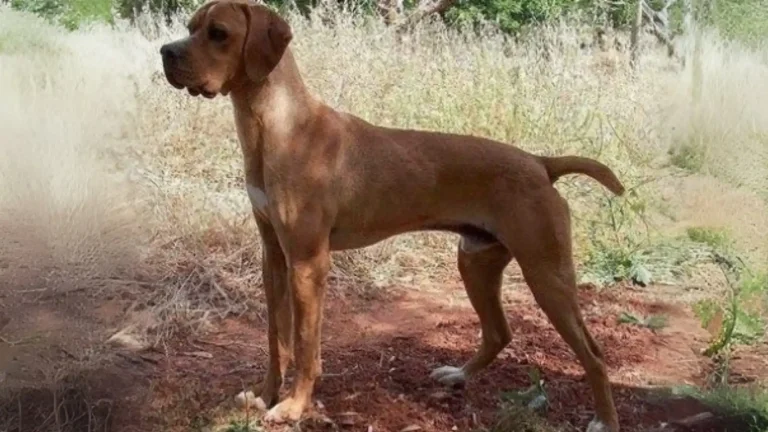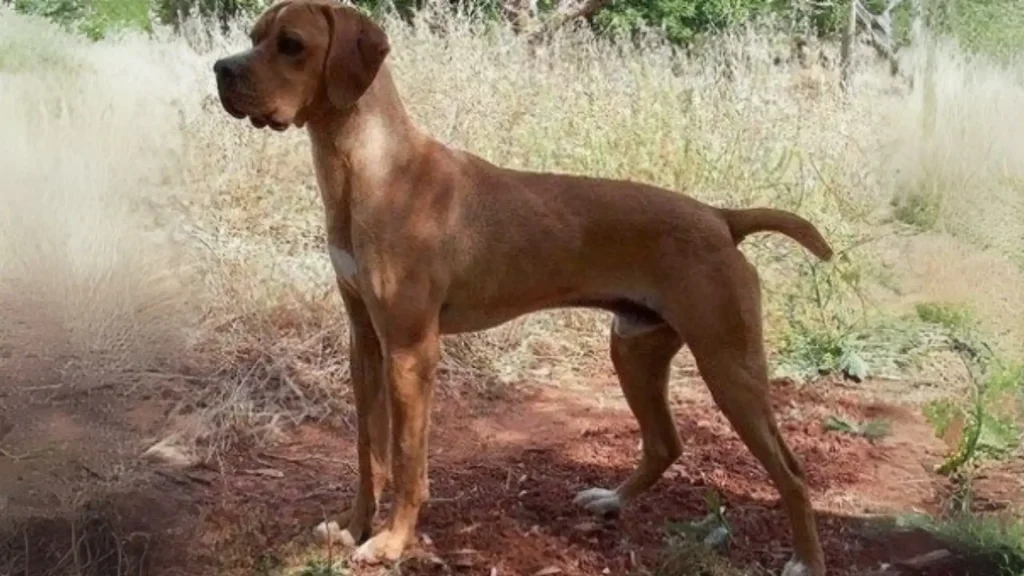Deciding whether to adopt or purchase a Hertha Pointer puppy depends on your priorities, such as health transparency and supporting ethical practices. While buying from a breeder offers predictability in lineage and health history, adopting provides a chance to give a dog a loving home and support animal welfare.
| Criteria | Buying from Breeder | Adopting from Shelter/Rescue |
|---|---|---|
| Cost | Typically higher due to purebred status and care involved. | Lower fees, often including vaccinations and spaying/neutering. |
| Health History | Comprehensive health records and genetic testing available. | Health history may be limited or unknown; basic checks usually performed. |
| Age Availability | Mostly young puppies, enabling early bonding and training. | Various ages available, including adults and seniors. |
| Temperament Insight | Breeders can provide details based on lineage and parent behavior. | Personality assessment based on shelter staff observations. |
| Supporting Practices | Supports preservation of the breed through responsible breeding. | Helps reduce shelter populations and rescues dogs in need. |
| Ethical Considerations | Important to choose responsible breeders to avoid puppy mills. | Promotes animal welfare by giving homes to dogs who need them most. |




















































